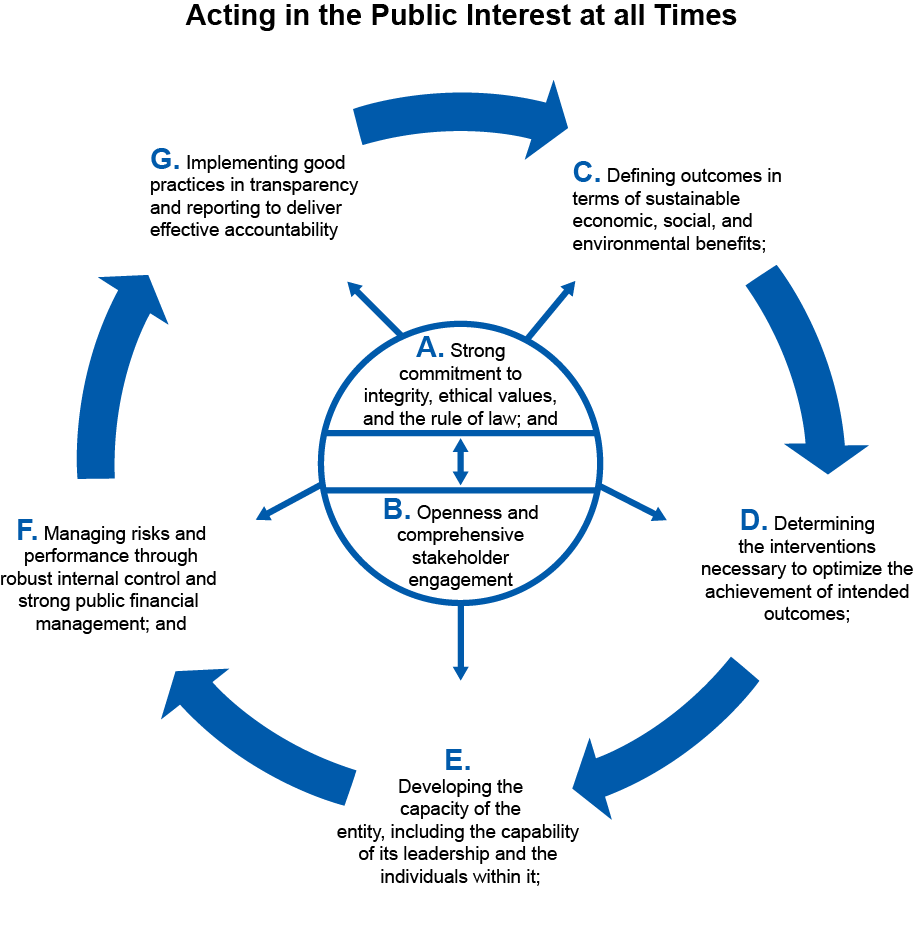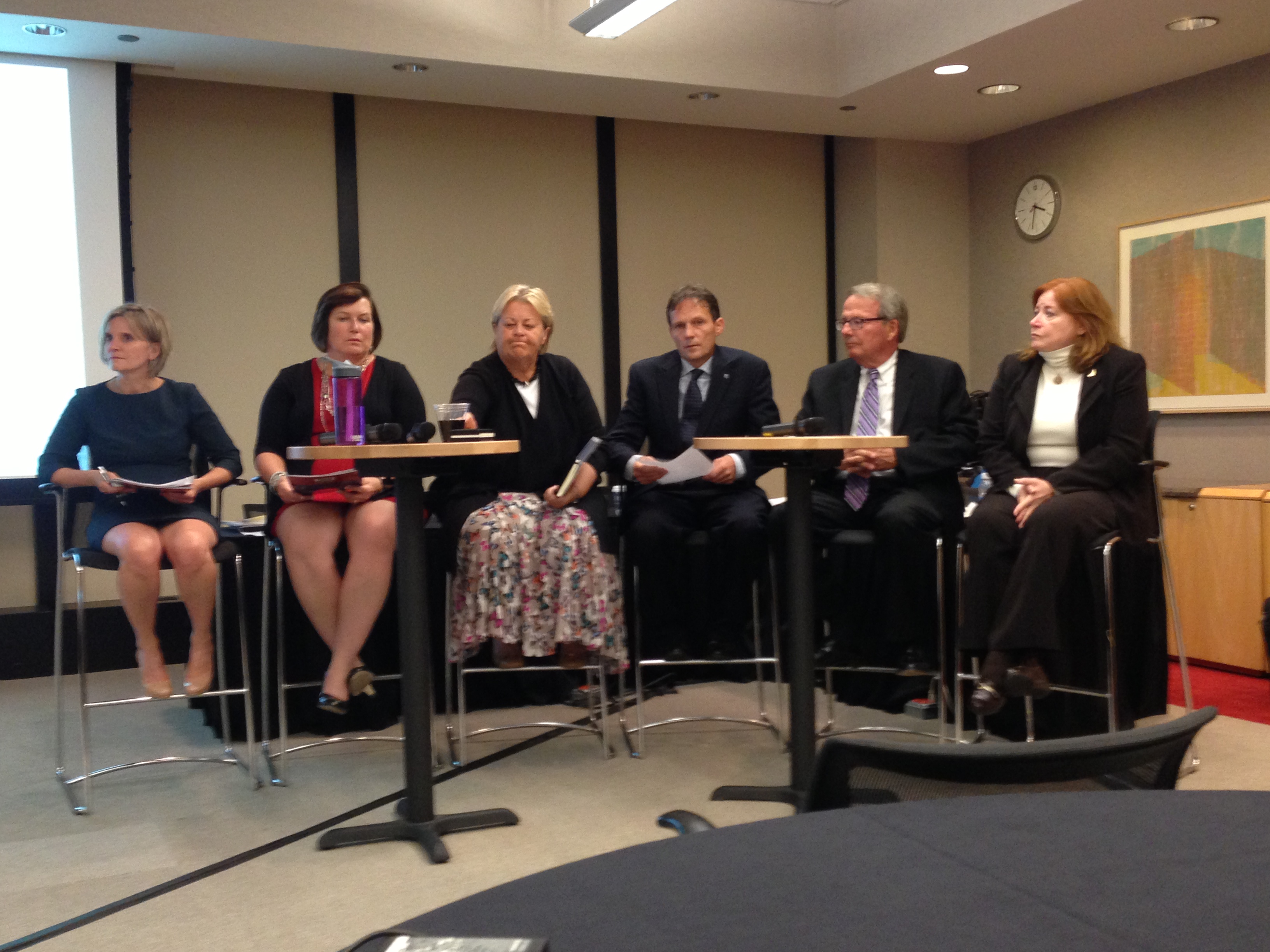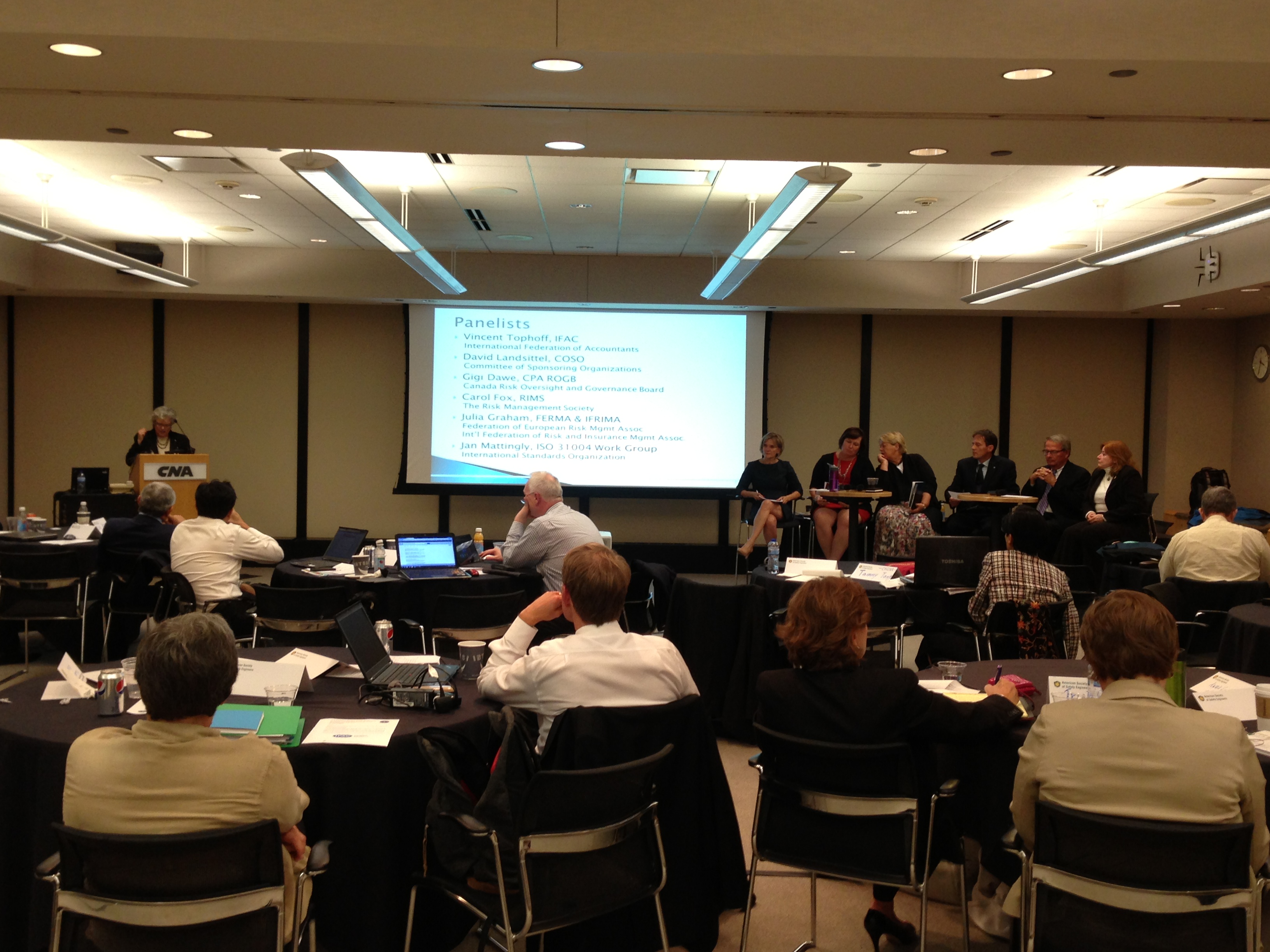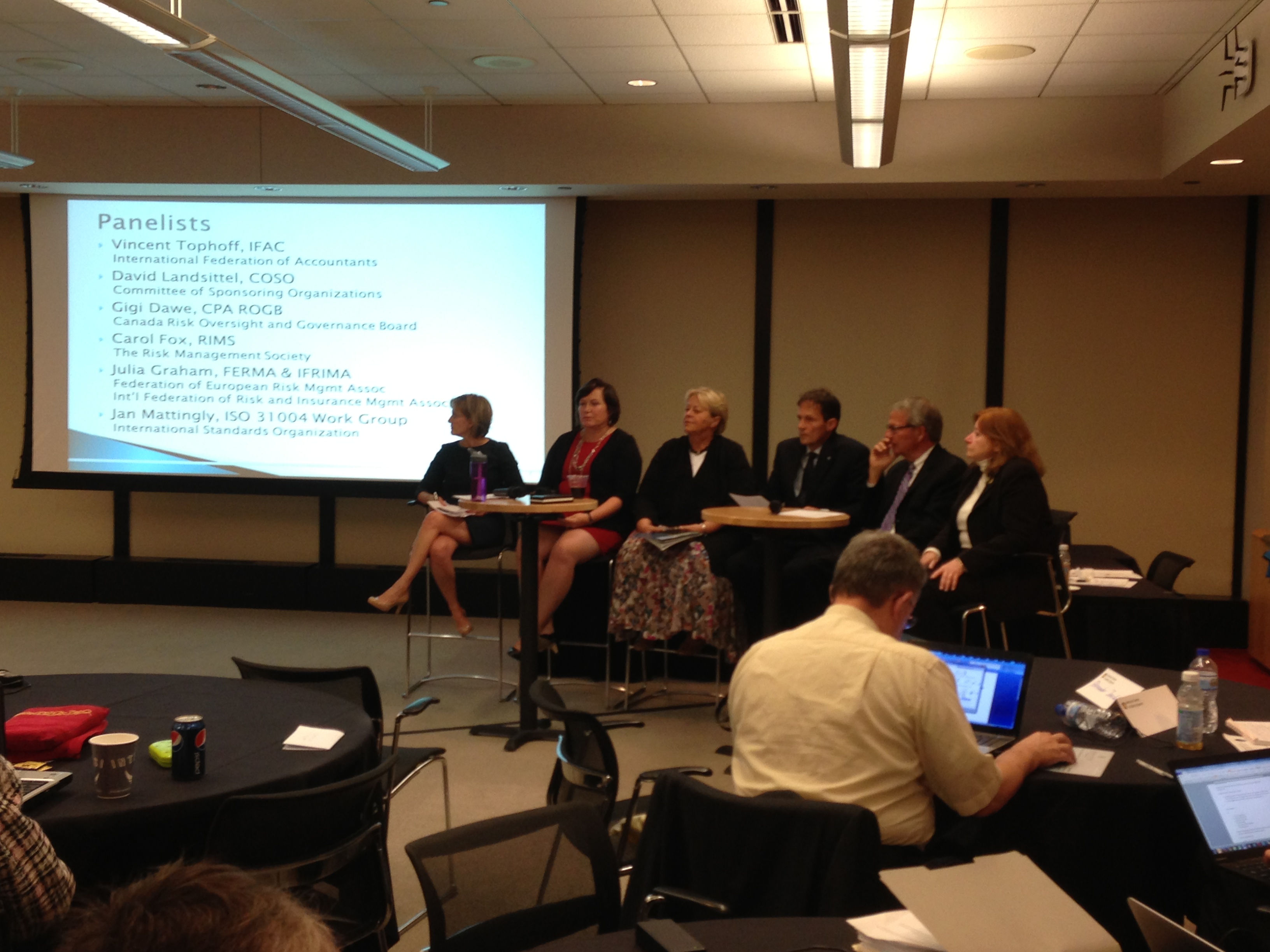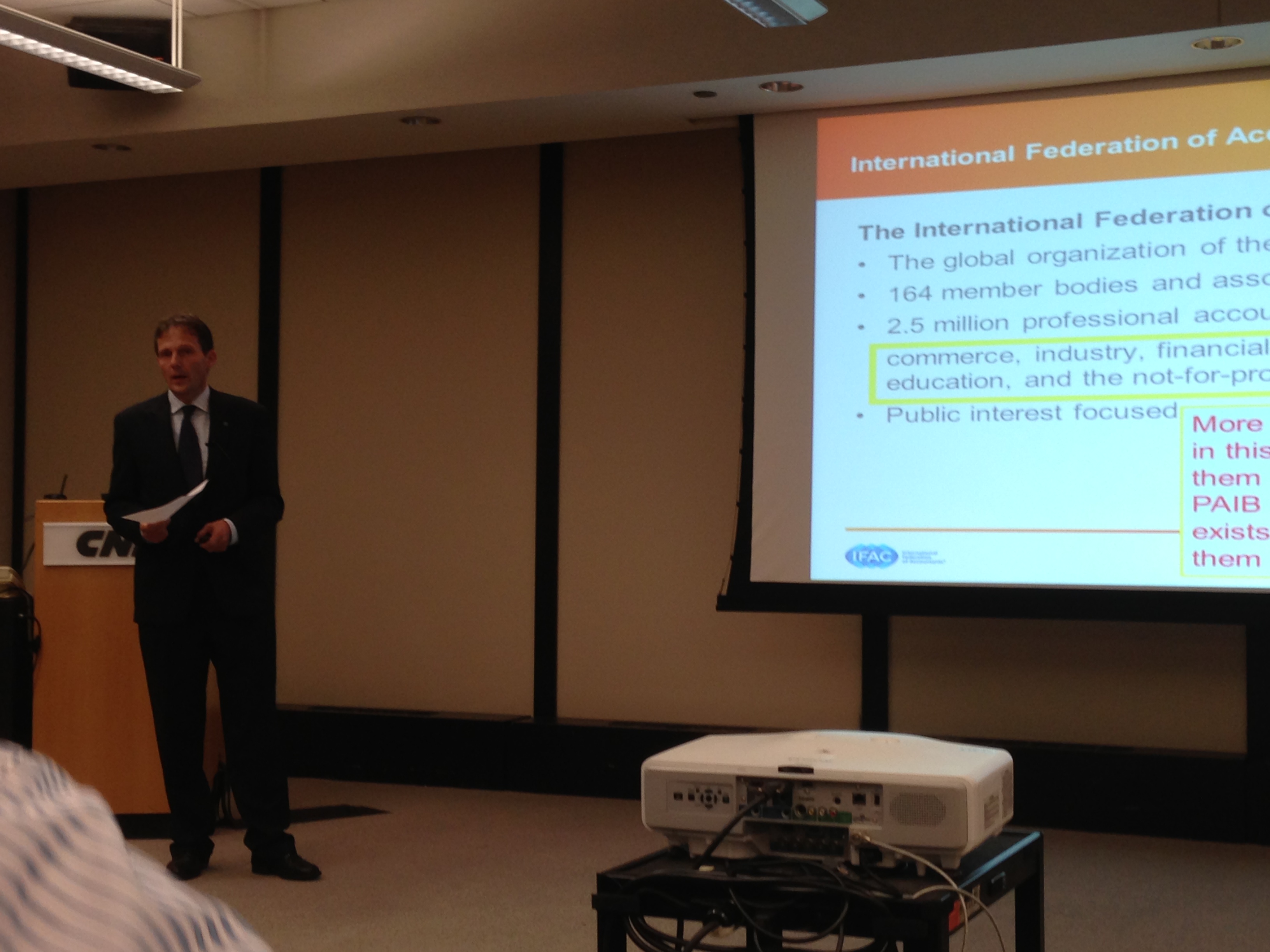IFAC Chief Executive Officer Fayez Choudhury and International Public Sector Accounting Standards Board (IPSASB) Deputy Chair Ron Salole recently participated in a World Bank Group-International Monetary Fund (IMF) seminar, “Strengthening Fiscal Transparency and Government Accounting,” held Tuesday, October 8 in Washington, DC.
The seminar was part of the World Bank Group-IMF 2013 Annual Meeting, bringing together central bankers, ministers of finance and development, private sector executives, and academics to discuss issues of global concern, including the world economic outlook, poverty eradication, economic development, and aid effectiveness.
Bertrand Badré, Managing Director and World Bank Group Chief Financial Officer, delivered a welcome address to the seminar participants, followed by a keynote speech from Gerd Schwartz, Deputy Director, IMF Fiscal Affairs Department.
Messrs. Choudhury and Salole were panelists for “Improving Government Accounting,” chaired by Charles McDonough, Vice President and Controller of the World Bank. The panel explored the importance of accrual accounting, opportunities and challenges with its implementation, and the role that the International Public Sector Accounting Standards (IPSASs) play for transparency and quality of government accounting.
"Sound government finances directly contribute to the efforts to restore or gain confidence in the public sector,” Mr. Badré said. “It is an important step in building trust in governments as the transparency, reliability, and accountability that result from such practices support value for taxpayer’s money.”
“IFAC’s support of high-quality international standards for the public sector will be instrumental in promoting more comprehensive and reliable fiscal reporting by governments around the world,” said Mr. Schwartz.
“Poor governmental reporting represents a threat to global financial stability and economic growth that must be addressed,” Mr. Choudhury said, citing the 2012 IMF paper Fiscal Transparency, Accountability and Risk, which highlighted the seriousness and extent of current inadequacies in governments’ fiscal reporting and accountability and underscored the risks associated with them.
“IFAC has long recognized that a fundamental way to protect the interests of the public and investors is to develop, promote, and enforce a common set of high-quality international financial reporting standards for the public sector,” he added. “That is why the IPSASB, an independent standard-setting board, was created to develop IPSASs.”
“We see the adoption of IPSASs as important to all economies around the world,” said Mr. Salole. “Additionally, there are some advanced economies that still follow cash accounting and we see this as inadequate in terms of governmental reporting.”
The event also featured regional briefings, press conferences, and other events focused on the global economy, international development, and the world's financial systems. The IMF also used the seminar to launch the new Fiscal Transparency Code, which will serve as a basis for a renewed push for greater fiscal transparency.
About the IPSASB
The IPSASB develops accounting standards and guidance for use by public sector entities. The structures and processes that support the operations of the IPSASB are facilitated by IFAC. The IPSASB receives support (both direct financial and in-kind) from the World Bank, the Asian Development Bank, the Chartered Professional Accountants of Canada, the South African Accounting Standards Board, and the governments of Canada, New Zealand, and Switzerland.
About IFAC
IFAC is the global organization for the accountancy profession, dedicated to serving the public interest by strengthening the profession and contributing to the development of strong international economies. It is comprised of 173 members and associates in 129 countries and jurisdictions, representing approximately 2.5 million accountants in public practice, education, government service, industry, and commerce.
# # #

